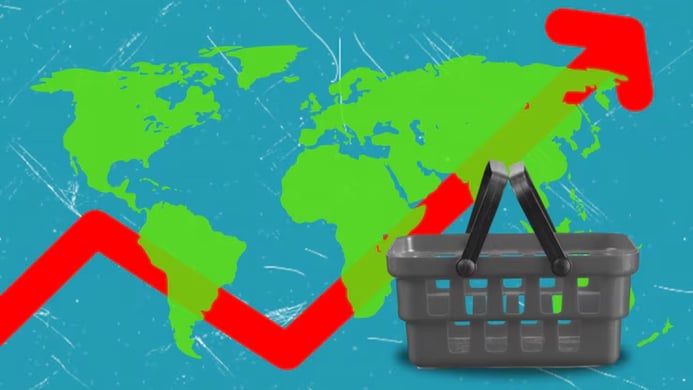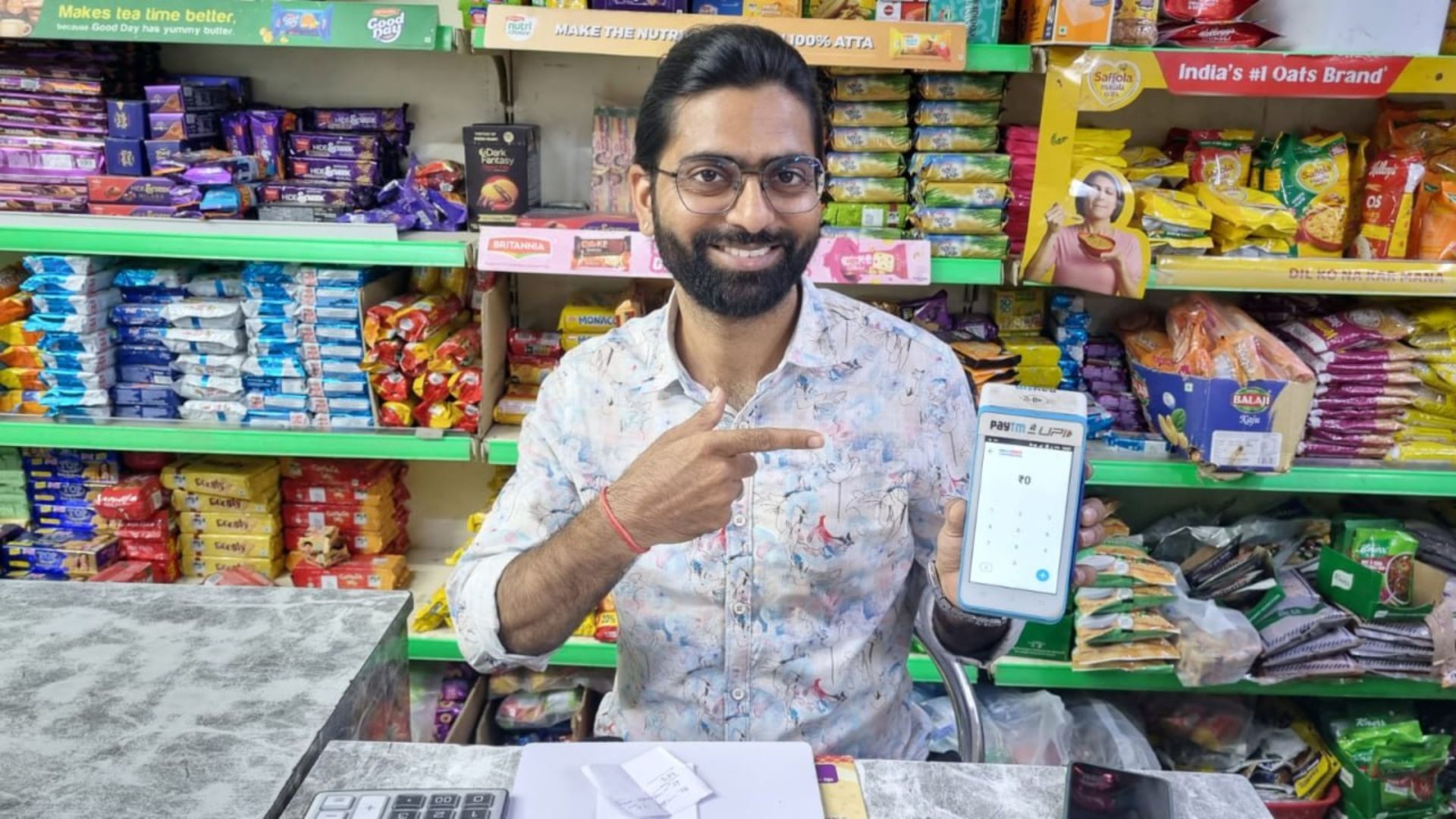
This week’s edition of Indian Retail at a Glance reflects a complex and evolving landscape for FMCG and retail in India. Geopolitical tensions in West Asia are fuelling concerns around rising crude oil prices, which could increase input costs across categories like packaged foods, detergents and paints, dampening the demand recovery many companies had hoped for. Distributors are also calling for greater accountability, pushing FMCG brands to formalise protocols around expired and damaged goods, particularly amid rising concerns about how such stock is sold via quick commerce platforms.
On the sustainability front, firms such as ITC, HUL and Dabur are responding to climate-related supply chain disruptions by embedding green practices into core operations. ITC even released India's first FMCG-focused 'Nature Report', reinforcing its commitment to environmental transparency. However, growth remains subdued, with Kantar projecting only modest momentum until FY27.
Meanwhile, India’s broader retail sector is undergoing transformation. Retail spaces are evolving into lifestyle hubs, D2C brands are booming, and Meta is reimagining WhatsApp as a discovery-led, AI-powered sales channel for physical retail. Encouragingly, inflation has cooled significantly in May, potentially offering some relief to both consumers and companies as they navigate the months ahead.
Click on the headings below for insights on how these trends are shaping India’s retail landscape...
1. FMCG companies fear West Asia unrest may drive up input prices
Geopolitical tensions in West Asia may increase crude oil prices. This could negatively impact demand for packaged foods, beverages, detergents and paints. Companies fear rising input costs will hurt consumers. Earlier, firms anticipated demand recovery due to interest rate cuts and a good monsoon. Disruptions may affect packaging costs. Dabur and Bisleri are closely monitoring the situation.
2. FMCG distributors seek clause for collecting expired, damaged stock
A distributors’ body has sent a letter to all fast-moving consumer goods (FMCG) companies, asking for proper bilateral agreements to include the collection of damaged and expired goods. In another letter to the Minister of Health and Family Welfare (MoHFW), it alleged that damaged stock is being sold through quick commerce (qcom) platforms.
3. India's FMCG Are Adopting Sustainable Practices, But Challenges Persist
Sustainability is increasingly becoming the only viable option for leading consumer goods companies in India. Climate change is affecting agricultural yield, impacting supply chains of the country’s top fast-moving consumer goods (FMCG) majors, prompting major players like ITC, Hindustan Unilever Limited (HUL), Nestlé India and Dabur to focus on adopting suitable practices as well as innovate new processes to go green.
4. FMCG products to get costlier on rising crude prices
Tensions in the Middle East are pushing up crude prices and fast-moving consumer goods makers are apprehending cost escalations in the short term, that could hurt margins. Crude-linked derivatives such as linear alkyl benzene, titanium dioxide used in the manufacturing of FMCG products, will likely become costlier, pushing up prices of soaps, detergents and paints, FMCG companies and analysts said.
5. FMCG 2024 adex wrap: HUL, Dabur scaled back ad expenses, Marico sees 35% jump in Q4 FY25
India’s leading Fast-Moving Consumer Goods (FMCG) companies witnessed a moderate growth in advertising and marketing expenditures in Q4 year-on-year in fiscal year 2025, reflecting the pressures of food inflation and sluggish demand in urban markets.
6. ITC Reinforces Green Strategy with India’s First FMCG 'Nature Report'
Multi-business conglomerate ITC Limited has become one of the first Indian FMCG companies to release a comprehensive ‘Nature Report’. It aligns with the Taskforce on Nature-related Financial Disclosures (TNFD). The move underscores ITC’s leadership in integrating nature-based solutions into mainstream business strategy, the company said in an official statement.
7. FMCG growth to remain tepid in FY26, says Kantar's Manoj Menon
According to Manoj Menon, Commercial Director at Kantar Worldpanel India, FMCG growth is likely to hover between 5% and 5.5% over the next few quarters, with a modest improvement seen only in FY27. “It should improve to around 6% to 6.2%. I think that’s the best we can expect,” Menon said.
8. How Retail Supply, D2C Growth, and Lifestyle Hubs Are Reshaping India’s Retail Sector in 2025
India’s retail sector is moving beyond being purely transactional to becoming a multifaceted destination that seamlessly integrate retail, dining, entertainment, and even residential and commercial elements. The sector is expanding exponentially and is projected to reach a value of US$ 2 trillion by 2032. This growth is being driven by increased retail leasing activity, the rise of homegrown direct-to-consumer brands, the entry of international retailers, and growth of experiential retail formats.
9. India’s retail future? How Meta plans to turn WhatsApp into new storefront
Meta, the tech giant behind Facebook, Instagram, and WhatsApp, is sharpening its focus on India’s thriving offline retail sector. While the company’s platforms are already central to the discovery and awareness phases of online commerce, Meta is now doubling down on enabling physical retailers to drive measurable, data-backed footfalls and sales through a mix of social-first discovery, artificial intelligence (AI) services.
10. India’s retail inflation eases to a 75-month low of 2.82% in May
India’s retail inflation eased to a 75-month low of 2.82 percent in May, compared with 3.2 percent in April, as food inflation eased below 1 percent for the first time in nearly four years, according to government data released on June 12.


 2 minute read
2 minute read


